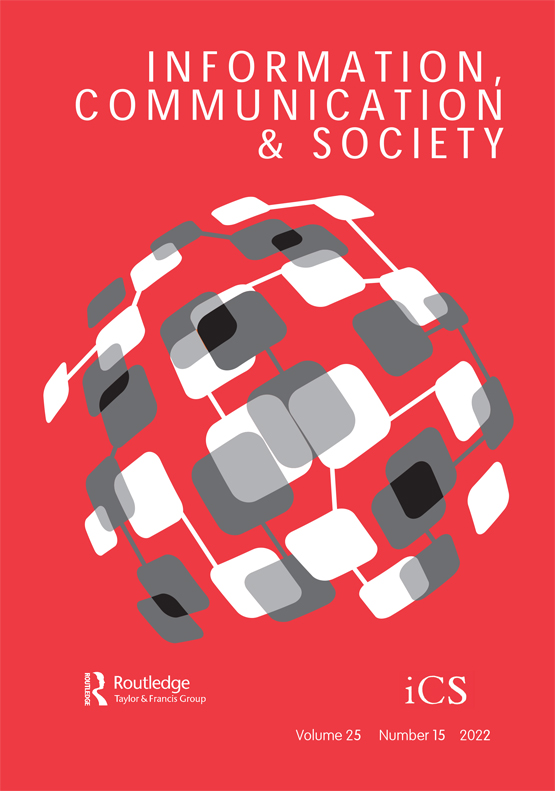
I have a new article out in Information, Communication & Society this week. Entitled ‘Random access memories or clichéd representations? Exploring historical photographs of the troubles on Instagram’, it explores 100 historical photographs of the Troubles on Instagram.
.The abstract can be read below:
Social media provide unprecedented opportunities for the distribution of photographs capturing experiences of conflict. Instagram in particular renders conflict photography searchable, whilst also aggregating the memories of traumatised communities. This paper adds to the nascent literature in this area by exploring how the photosharing app is used to share photographs of the Northern Irish ‘Troubles’, a low-intensity conflict that resulted in 3,600 fatalities and left many more bereaved, injured and traumatised. Two decades on from the Belfast Agreement, Northern Ireland remains a deeply divided society in which competing narratives over the conflict remain deeply entrenched. This study explored photographic representation of the Troubles, with a specific focus on who was represented in these images and whether they were evoke personal memories of the conflict. A content and narrative analysis of 100 historical images tagged #thetroubles was conducted in order to explore these issues. Results indicate that images showing the ‘peculiarity’ of everyday life during the conflict, such as armed British soldiers standing in close quarters to children playing in the street, were the most prominent visual representations under this hashtag. The memories evoked by such historical photographs reinforce zero-sum narratives on conflict, rather than promote new interpretations that build support for peace in ‘post-conflict’ societies.
The article is published Open Access and can be found here
Many thanks to the editors and reviewers for their help in getting this out. i would ALSO like to express my gratitude to Ekatherina Zhukova and Marguerite Borelli for their comments and input on earlier versions of this paper.
